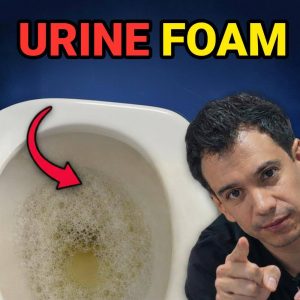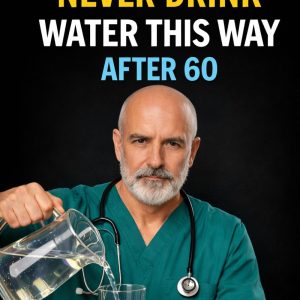The quiet halls of Englewood Health in New Jersey became the setting for a national story when a workplace disagreement escalated into a broader debate about politics, morality, and professional responsibility.
The backdrop was the assassination of Charlie Kirk, the 30-year-old founder of Turning Point USA, who was fatally shot on September 10 during a speech at Utah Valley University. His death sparked a wave of both mourning and controversy nationwide.
At Englewood Health, tensions flared when nurse Lexi Kuenzle said she was shocked to hear Dr. Matthew Jung “celebrate” Kirk’s death, allegedly saying he “deserved it.” Believing such remarks were inappropriate in a healthcare setting, Kuenzle reported him. Both were placed on leave during the hospital’s investigation—a move Kuenzle later claimed was retaliation.
She filed a lawsuit against Jung and the hospital, arguing that her career had been jeopardized for standing up for professional ethics. Jung reportedly issued a brief apology, which Kuenzle dismissed as inadequate.
The case drew online attention, raising difficult questions: Should healthcare professionals curb political opinions if they affect trust? Where is the boundary between free speech and professional conduct?
Englewood Health eventually announced that Jung had resigned, while Kuenzle would resume work with no loss of pay. The hospital reaffirmed its commitment to a respectful workplace.
For Kuenzle, the issue was simple. “Even if I disagreed with Kirk’s views, I could never justify celebrating his murder,” she said. The incident highlighted how political divides now reach even into hospital corridors.





